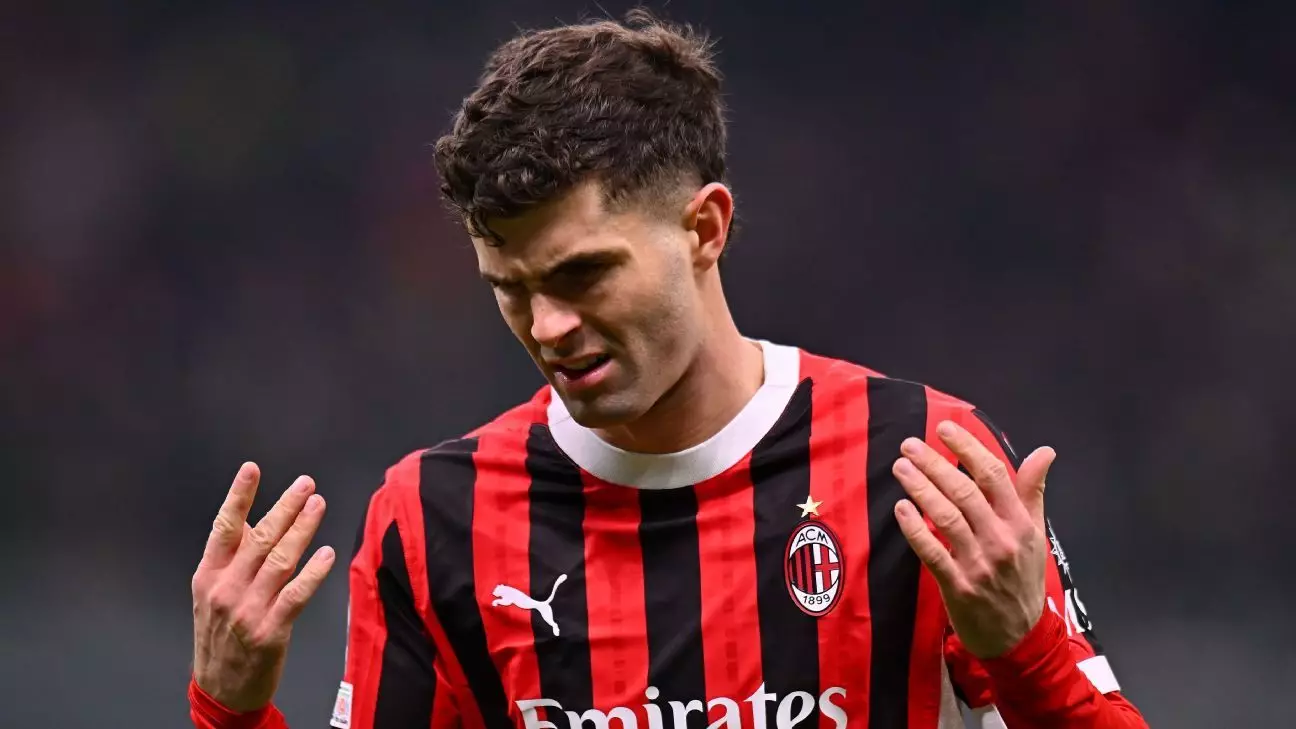AC Milan, a storied name in European football, is currently grappling with the fallout of an early exit from the prestigious Champions League. The Rossoneri’s hopes of advancing in the tournament crumbled after a lackluster performance led to a 2-1 aggregate defeat against Feyenoord. This result has ignited a broader discussion about the club’s transfer strategies and the overall trajectory of the squad, driven in part by the insights of Zlatan Ibrahimovic, the club’s senior advisor.
Transfer Policy Under Scrutiny
The winter transfer window saw AC Milan make five significant signings, aimed at reinvigorating the team and enhancing their competitive edge in Europe. Among these acquisitions was the loan of Portuguese forward João Félix from Chelsea, along with the permanent signing of Santiago Gimenez. Despite these attempts to bolster the squad, the failure to progress in the Champions League has raised questions about the effectiveness of the club’s recent recruitment. Ibrahimovic’s defense of the transfer strategy suggests a deep-seated belief in the potential of the newly assembled team, despite the glaring evidence of underperformance in crucial matches.
Ibrahimovic, a towering figure in football both on and off the pitch, argues that the current squad possesses greater quality than the team that clinched the Serie A title in the 2021-22 season. However, the departure of established stars like Olivier Giroud and Davide Calabria underscores the intricacies of balancing experience with youthful exuberance. The assertion that the new lineup is “twice as strong” may resonate with fans seeking optimism, but reality often demands tangible results—a factor that has been sorely missing in high-stakes situations like the Champions League knockout phase.
The match against Feyenoord highlighted a critical moment that proved detrimental to Milan’s ambitions: the sending off of Theo Hernández. After receiving a second yellow card for simulation, Milan was left to navigate the remainder of the match with ten men, irrevocably shifting the power dynamics on the pitch. João Félix candidly expressed his disappointment, revealing the emotional toll such high-pressure environments can exert on players eager to make their mark in top-tier competitions.
Ibrahimovic, while acknowledging the referee’s decision, reinforced the responsibility of the team to reflect on its own failures. His call for introspection—asking players to “look in the mirror”—is a poignant reminder of the need for maturity and composure in critical moments. As the legendary striker noted, Milan’s inability to maintain control after taking a lead betrays a lack of strategic acumen that could be detrimental to their long-term aspirations.
With their Champions League campaign behind them, Ibrahimovic emphasized the importance of turning attention back to Serie A. Currently sitting seventh in the standings and five points off a Champions League qualification spot, Milan faces an uphill battle to re-establish themselves at the pinnacle of Italian football. The looming question is whether the squad can unite and harness the potential that Ibrahimovic believes exists.
The stakes are high as the team aims not only for a resurgence in league form but also for success in domestic cup competitions like the Coppa Italia. The juxtaposition of aspirations—seeking to salvage the season through cup success while contending with mid-table struggles—paints a picture of a club in transition, caught between past achievements and future potential.
AC Milan is at a critical juncture, facing the dual challenge of evaluating their recent setbacks while striving to realign their ambitions. Ibrahimovic’s insights provide a window into the inherent complexities of football management, where optimism must be balanced with accountability. The upcoming months will be pivotal as the Rossoneri seek to restore pride and assert their place among Europe’s elite. Fans and stakeholders alike are hopeful that the ingredients for success—talent, experience, and resilience—will coalesce in time for a refreshed challenge in both Serie A and domestic cup competitions. The narrative remains open, awaiting the next chapter in the storied history of AC Milan.

